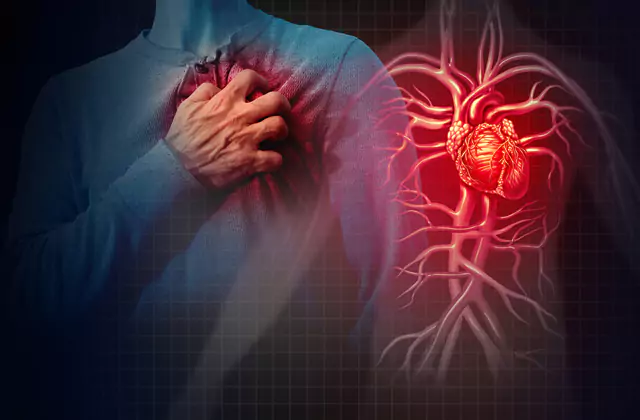
PATIENTS
Cardiovascular Disease


Cardiovascular disease is a term that refers to a group of conditions that affect your heart and blood vessels. These issues can impact various parts of your heart or blood vessels, and not everyone experiences symptoms. Some people feel fine (asymptomatic), while others may show signs of the disease.

Common Types of Cardiovascular Disease:
- Narrowing of the blood vessels, which can happen in your heart, other organs, or anywhere in your body.
- Heart problems that are present from birth.
- Heart valves that aren’t functioning as they should.
- Irregular heart rhythms, which can affect how your heart beats.
Symptoms to Watch For:
Symptoms of cardiovascular disease can differ based on the specific issue and can sometimes be subtle, especially in older adults or people assigned female at birth. Be alert for the following signs:
- Chest Pain (Angina)
- Chest Pressure
- Shortness of Breath
- Dizziness or Fainting
- Fatigue
If you experience these symptoms, it’s important to seek medical attention. Untreated cardiovascular diseases can lead to serious problems like heart attacks or strokes. But the good news is that with the right lifestyle changes and medications, you can manage your condition effectively.
With the right support and treatment, you can manage your symptoms and reduce your risk of complications.


